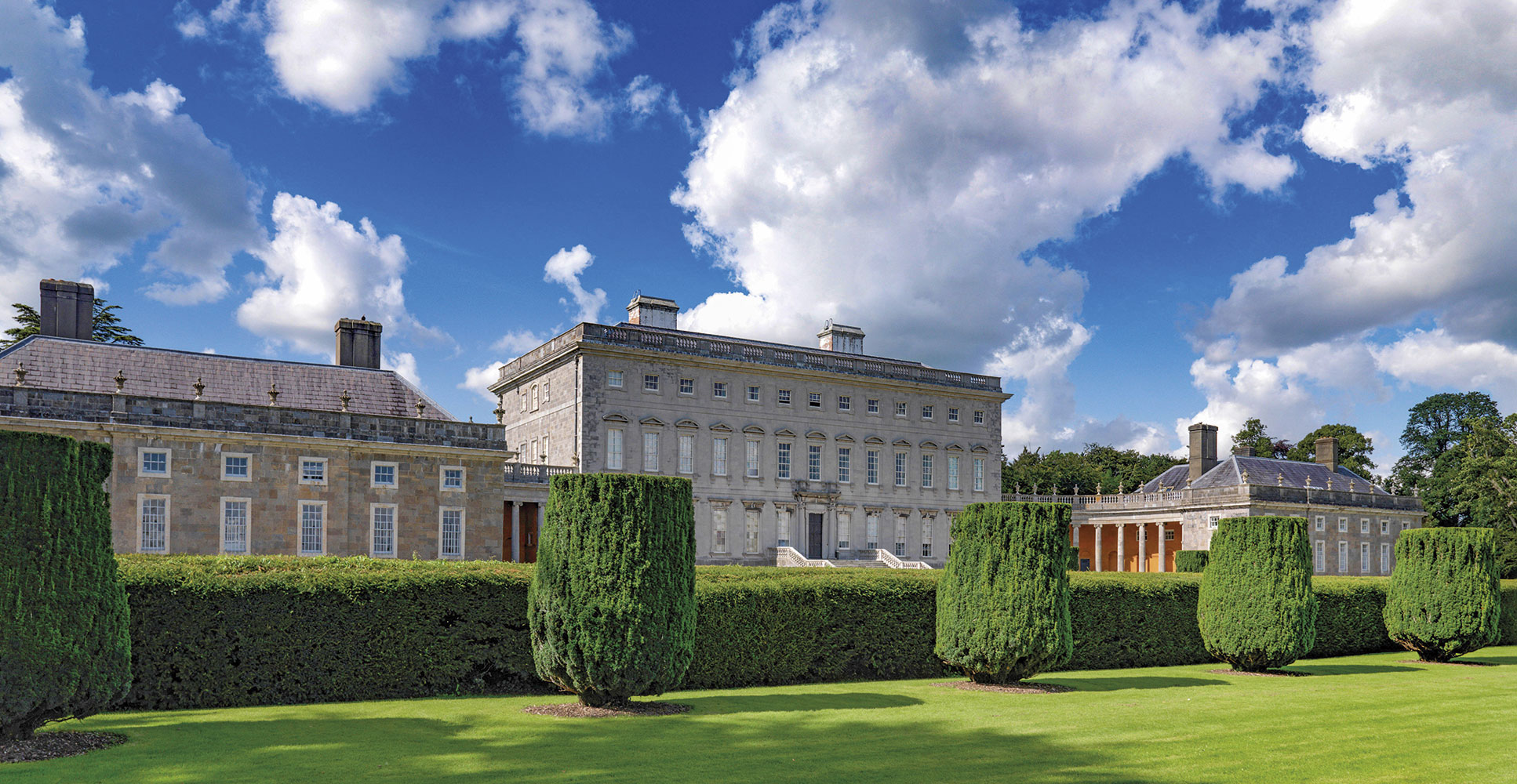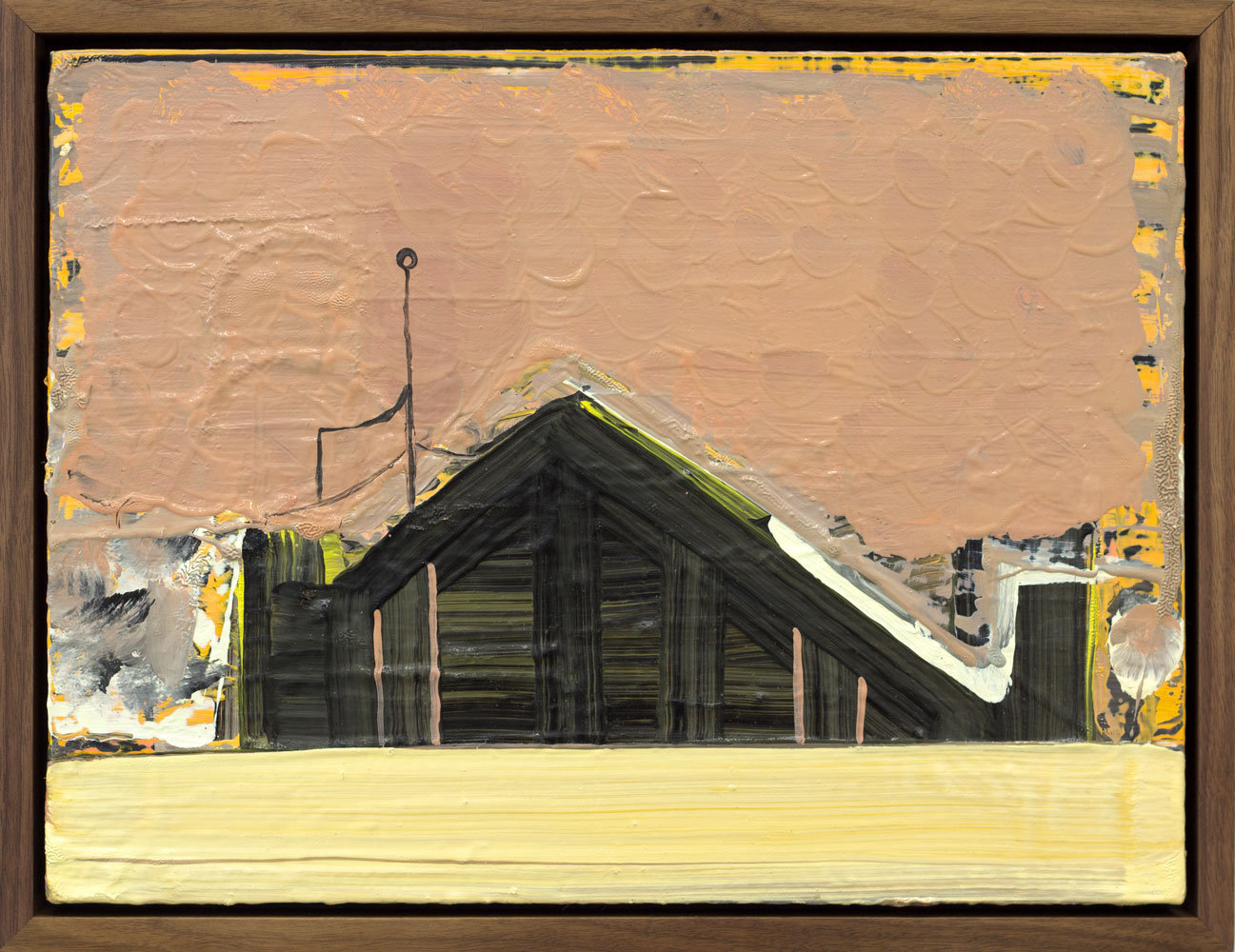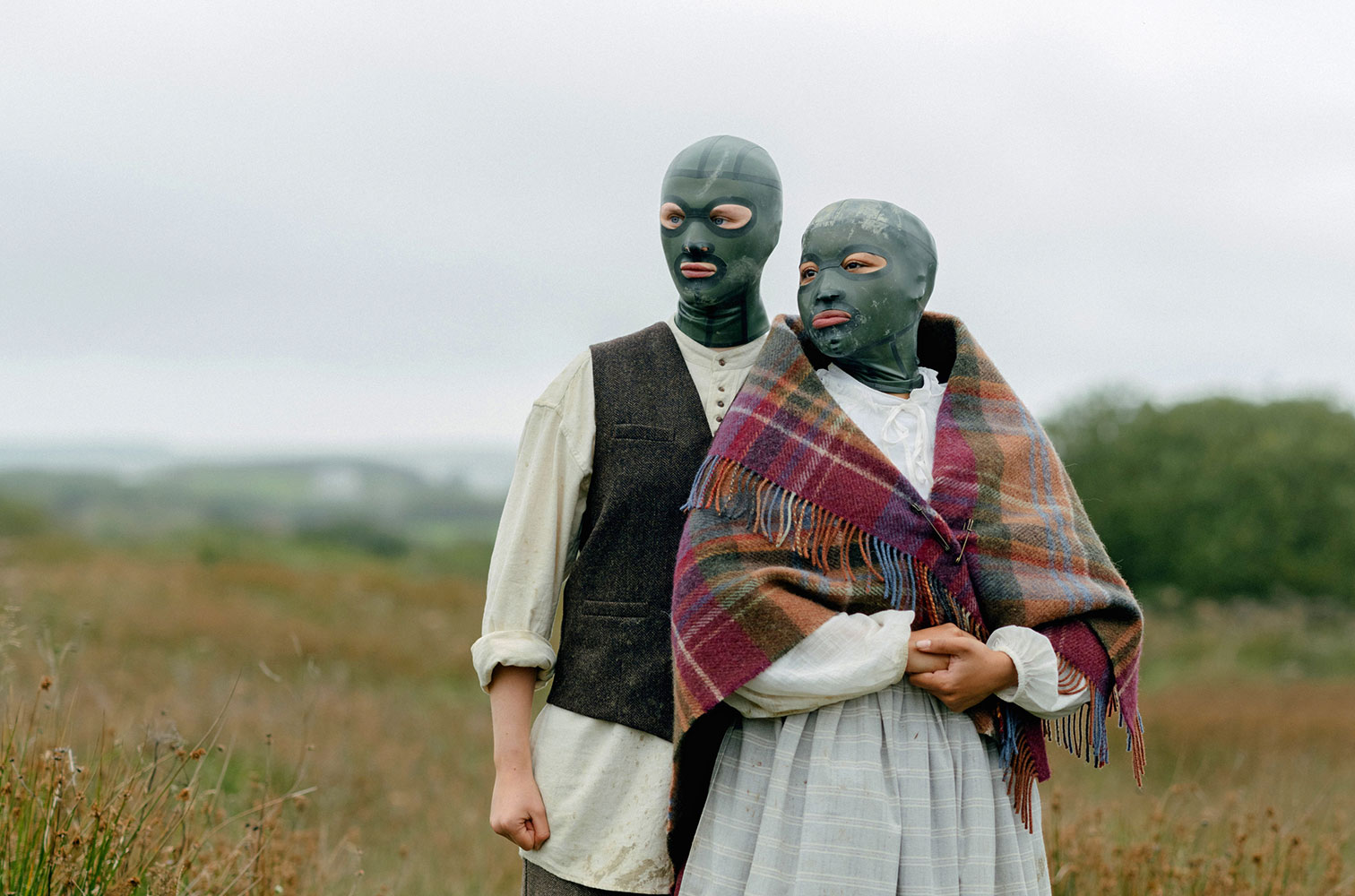Tony O’Shea grew up on Valentia Island. His early exposure to photography was ‘a tin Players cigarette box in which my mother kept some family photos, mainly taken by visiting relatives, usually from the US’. While he later had his sister’s small Kodak Instamatic camera, he says he didn’t start photographing seriously until his late twenties, when he became more aware of photographic culture while living in Japan. ‘I bought my first serious camera there and, when I came back to Ireland, my interest deepened and there was no turning back after that.’
By 1981, he was a fulltime photographer at In Dublin magazine. The writer Colm Tóibín, his then editor, recalls being captivated by his images and sending O’Shea out to capture city life from the top deck of a bus. O’Shea went on to work with the Sunday Business Post, the Guardian, the Sunday Times, Libération and Creative Camera. He has exhibited widely in Ireland, France and the US, and his highly acclaimed book Dubliners (1992) was followed by Border Roads 1990-1994 in 2017.
They capture significant public and personal moments, particularly in working-class Dublin, from protests and religious processions to the curious magic of a boy and his kestrel on the bus
A retrospective book of his work, The Light of Day, has just been published. His black-and-white photographs cover the period 1979 to 2019 and give a deep sense of the major changes in Ireland. They range from the grim and gritty to the witty and joyful, and from inner city to remote border country. They capture significant public and personal moments, particularly in working-class Dublin, from protests and religious processions to the curious magic of a boy and his kestrel on the bus. Each image has the distilled power of a haiku, creating a sense of quiet wonder within the flux of everyday living. Collectively, the images demonstrate O’Shea’s warm, perceptive eye and technical brilliance.
Many of the photographs in The Light of Day are previously unpublished. The book has a limited edition of 1,200 copies and a retrospective exhibition will be mounted at the Gallery of Photography in Dublin early in the New Year.
Stephanie McBride

Castletown House, Ireland’s largest and finest Palladian mansion, has lain closed to the public since last September – all because of a dispute about access and parking.

At the 42nd Annual General Assembly of Aosdána, the organisation whose members are honoured for their contribution to the arts in Ireland, Sinéad Ní Mhaonaigh was the sole visual artist to join the ranks.

Representing Ireland at the 60th Venice Biennale, Eimear Walshe (they/them) presents Romantic Ireland, curated by Sara Greavu with Project Arts Centre, Dublin.